
You have decided to make that first step to go on an adventure. First I have to congratulate you. It is not an easy decision; it is a big challenge, not just to make the trip, but to embrace the solitude that will be your companion on this journey.
I have been on this journey for years, and the beginning it is the hardest. That first step you have to take, not knowing what to expect, or how to face the new situations by yourself. Let me help you with that.
There is one simple rule: “The more you know, more prepared you are, and that makes the fear go away.”
Here are 10 points and situations every traveler will eventually face, when travelling with a camper.
Find information about the country you will visit. We know all about our country, the customs, traditions, language; but going to a foreign country can be a game changer. I recommend you do your homework about your destinations:
- What language do they speak? Do they speak foreign languages like English?
- How are the travelers with campers treated?
- How does the police function? Do they have check-points?
- What do you need for crossing the border? Do you need a visa, other papers, which are important if you are renting the camper?
- What currency do they use? Can you use other currencies?
- Is the country safe? Are there safety issues, like robberies? Which places are critical and better be avoided?
- How about paying road tolls, tunnels, ferries, bridges; what are the prices?
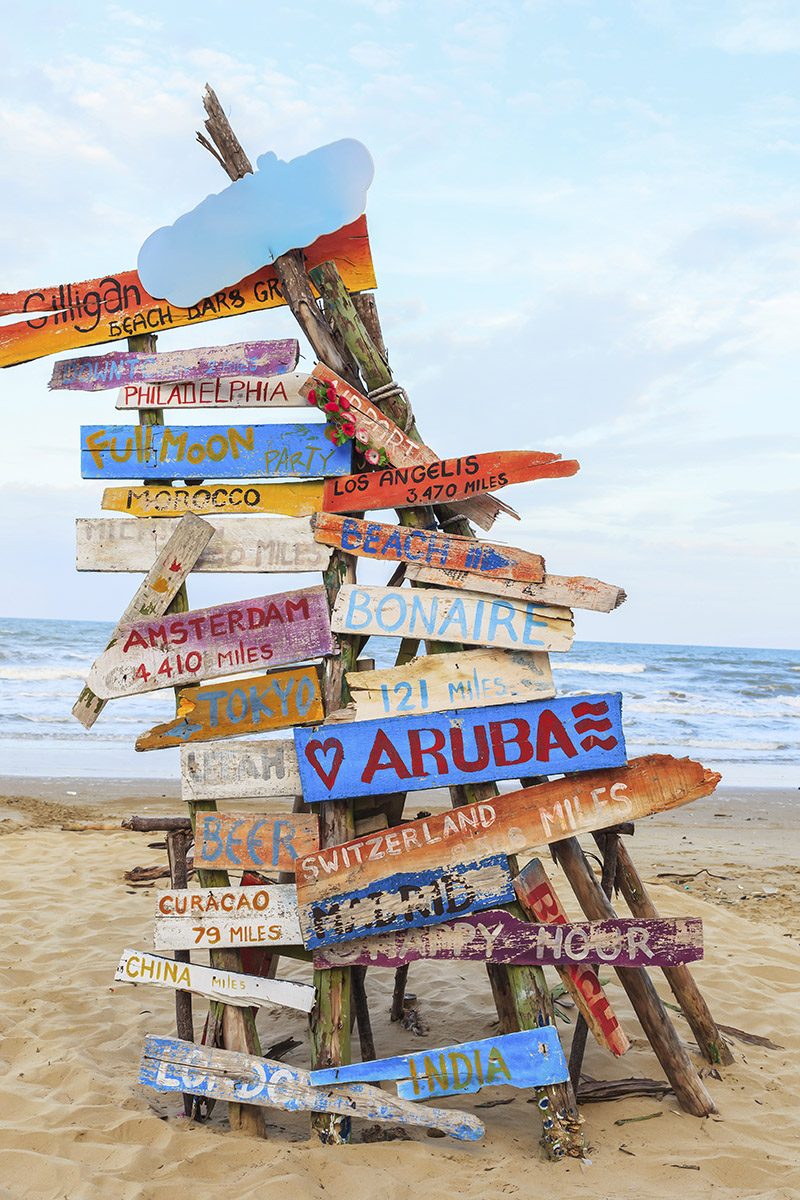
Parking and accommodation. When you are driving around in a house on wheels parking and accommodation are important. Especially if your camper is over 5 m in length and wider than 2,2 m. The height of the camper is also important, because most parking spaces are limited by height. Also check about parking the camper in cities, in rural areas, or next to tourist points. You need to know if there are any limitations / regulations, and if the regulations are in force the whole year around. It is good to know, where you can park / spend the night, for how long, and how much it costs. Some communities specifically forbid parking in the cities; some countries allow over-night parking outside of camps; some allow it as well, but under specific regulations.
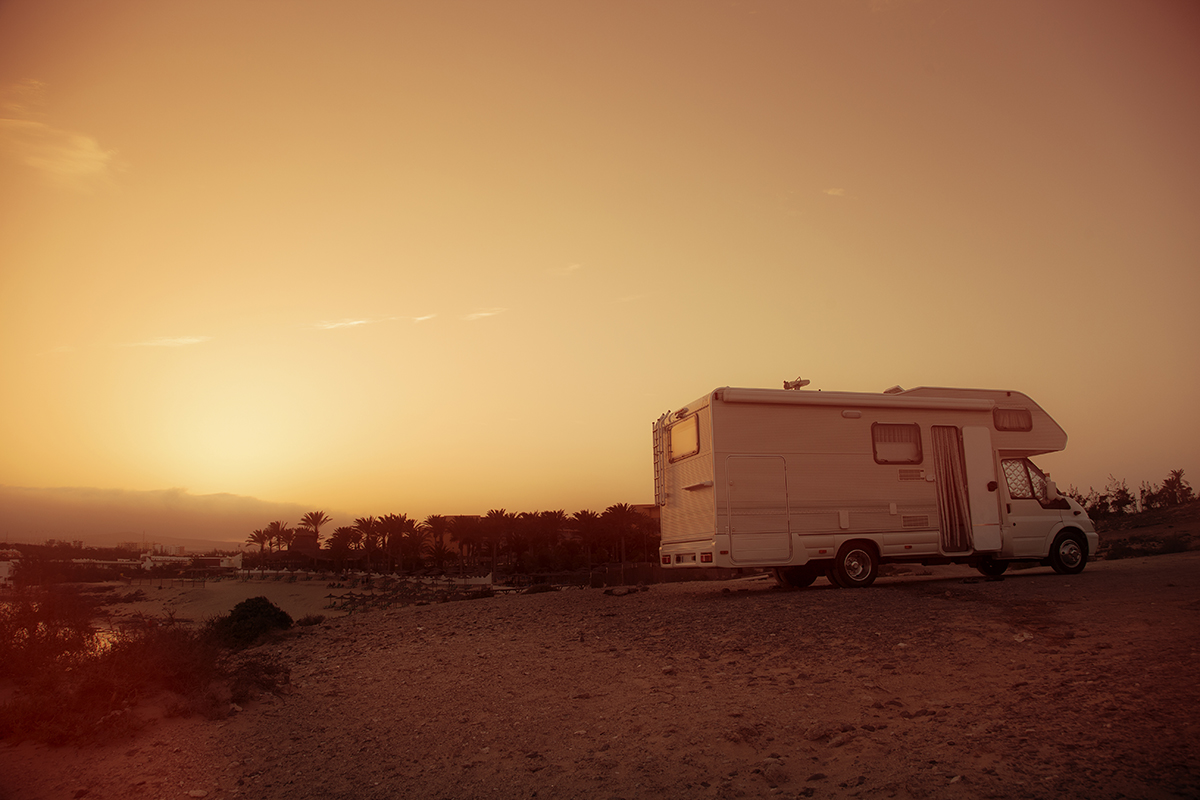
Fuel. Your camper probably runs on diesel fuel. Inform yourself about the prices and quality of the fuel in the countries you will visit, check locations of the gas stations, and their working hours. In some countries the gas stations are open 24 hours a day, in some 12 hours; in some places you can pay with a credit card, and in some with cash only. You should know how big your fuel tank is, and your maximal range.
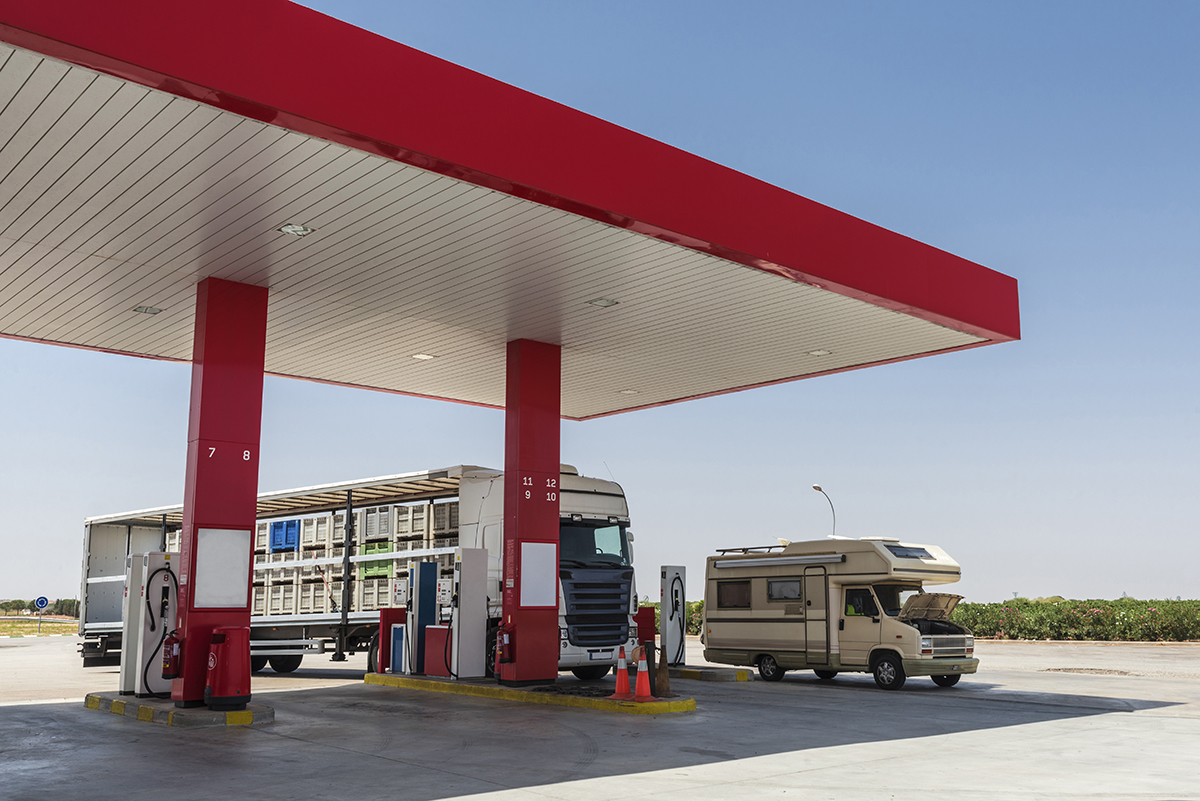
Gas. Most campers use gas for heating, cooking, and for the refrigerator. This is something you need to pay special attention to, because most countries use their own systems and are not compatible with other countries. There are a few things you should know:
- Which gas cylinders are used in the country?
- Which regulator is used in the country?
- Where, when, and at what price can you buy a full gas cylinder?
- How can you pay?
- Can you switch an empty cylinder for a full one?
- Do you need to sign any contracts?
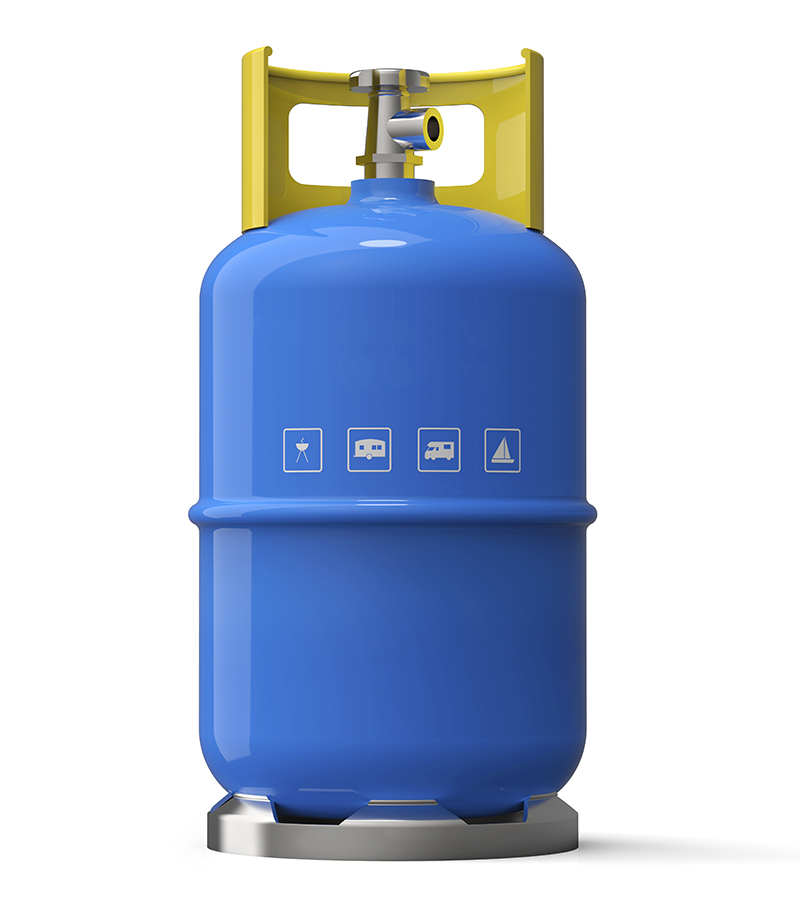
Water. Another resource that can cause worries. In a camper you need water for the bathroom, kitchen, and toilet. You need to know how big your drinking water tank is, and how big is the tank for waste water. You should know how much you consume. The factors in consumption are also the season and your lifestyle. It is important to find out where, when, and at what cost you can fill up the water tank. The water system for campers is not equally developed in every country, and the water does not run out of all the pipes all year around. The most reliable are campsites, but even those are not open all year around; usually just a few months a year – depending on the location, season and tourists.
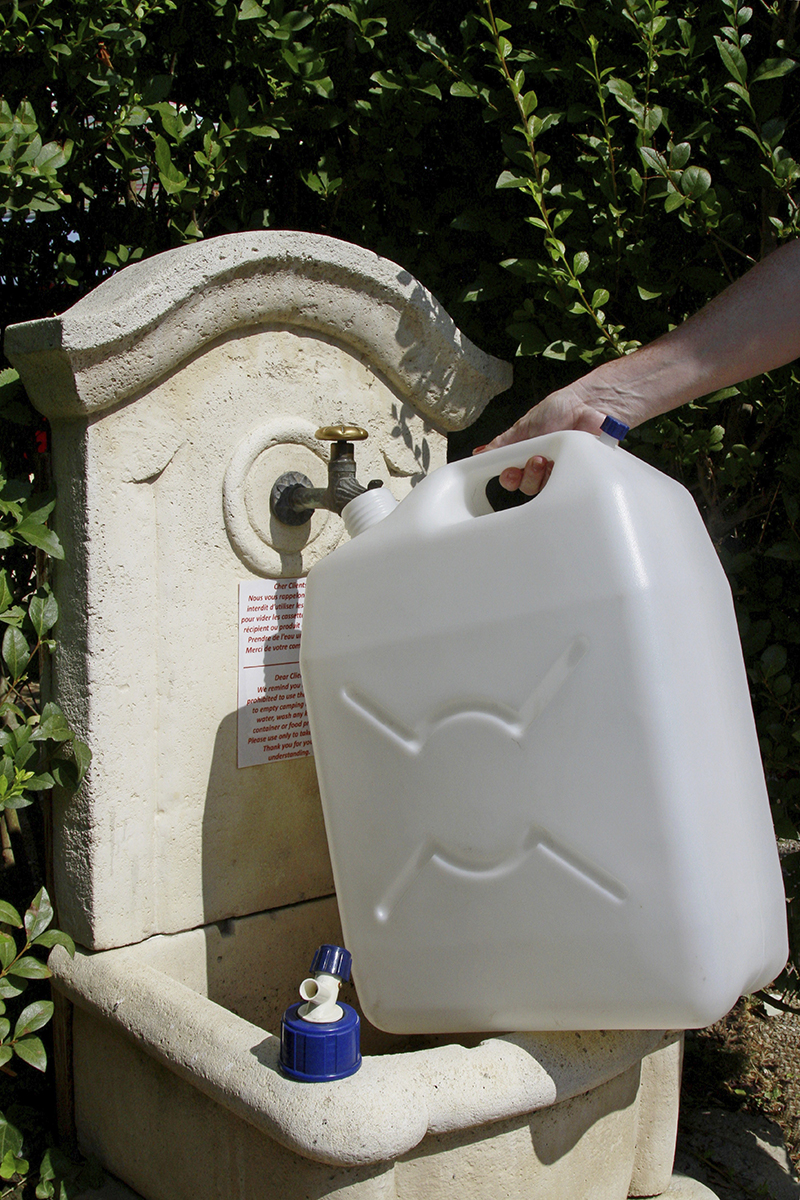
Emptying waste water and toilet. If you are at a campsite, this can be resolved quickly. Otherwise you have to find the service points, their location, price, and when they are open. Some countries do not have these service points; and campsites are not open all year around. When this happens, you have to be resourceful, and dispose the waste water and toilet appropriately, and environment friendly.
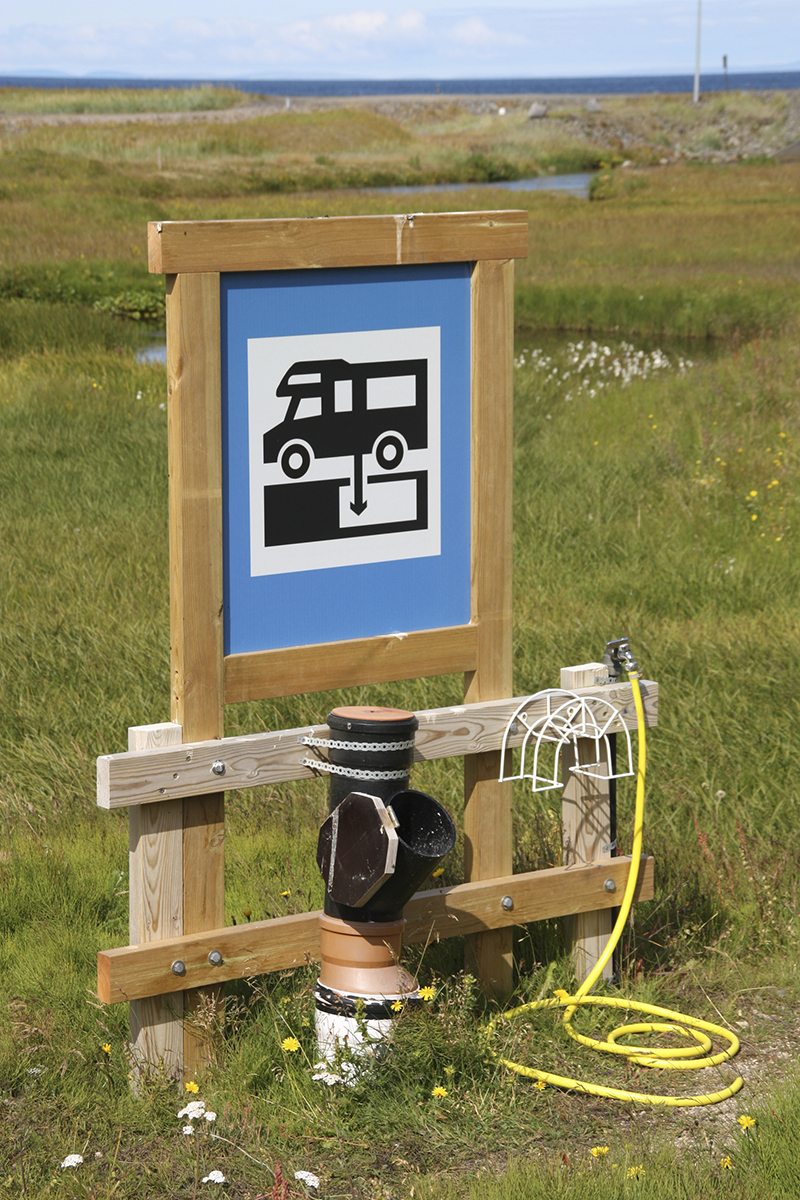
Electricity. Every camper should have two batteries. One for the engine and one for the cabin. If you drive a lot and have good batteries, there should not be any problem with the power. You should know what uses electricity in your camper, and how much. The electricity issues are easily resolved if you find a campsite , or a service point that has, next to fresh water and waste outflow, also a power outlet. It is also good to check out these points in advance.
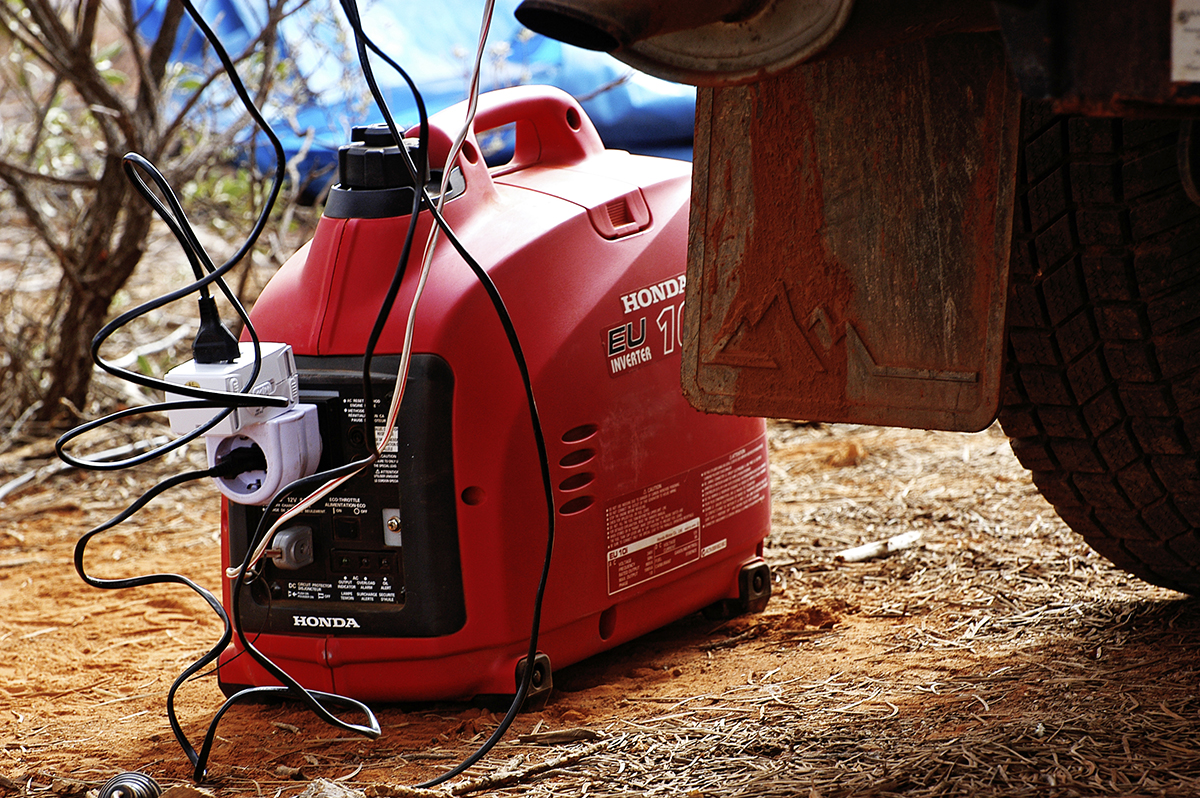
Food. There is a lot of storage space in a camper. The only problem could be the size of the refrigerator. If you like your food to be cool, you will have to visit the stores a bit more often. Shopping centers usually do not have height restrictions for the campers for accessing the parking place, but there could be a problem if a shopping center has only a parking garage. When you are travelling to islands or more remote areas, I suggest you bring enough food, because finding a store, especially outside of tourist season, could turn out to be a challenge.
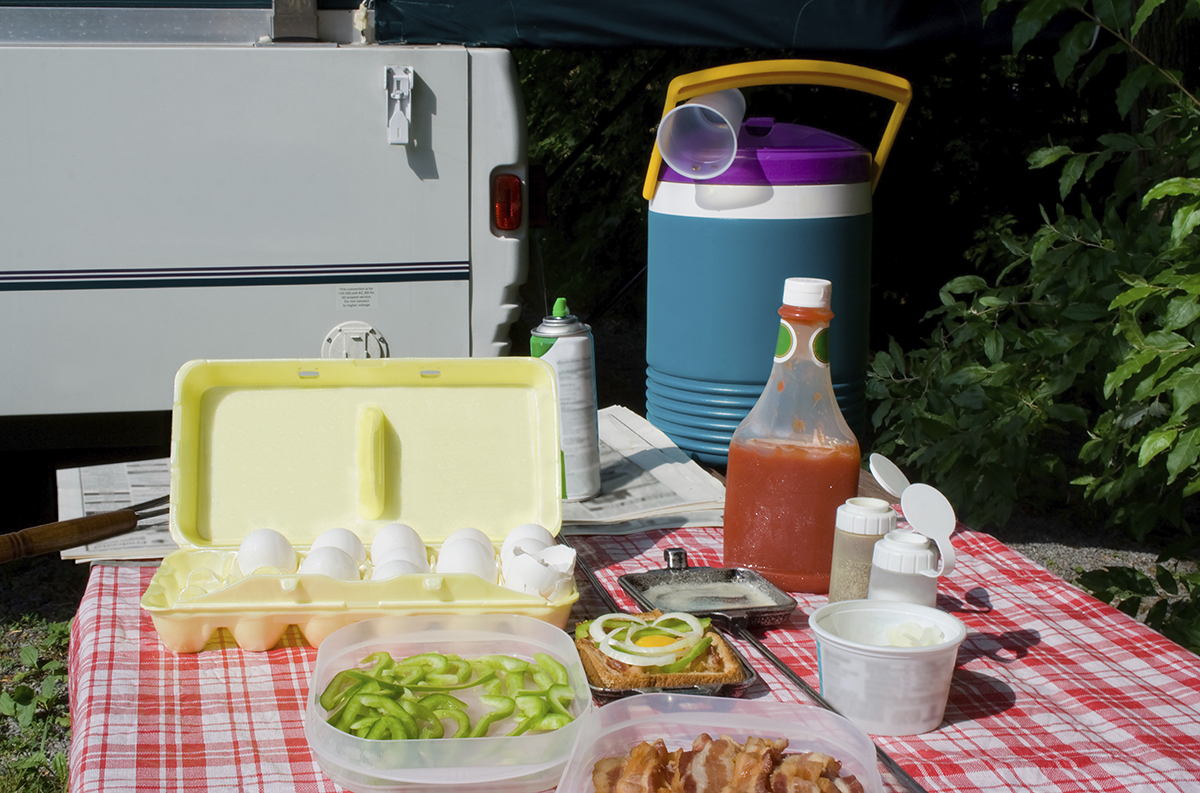
Internet. The easiest way to have internet access abroad is to buy a pre-paid SIM card. You should do your homework before leaving and look for the best telephone provider. You should check if they offer limited or unlimited internet access, how to charge your pre-paid card, and of course the prices.
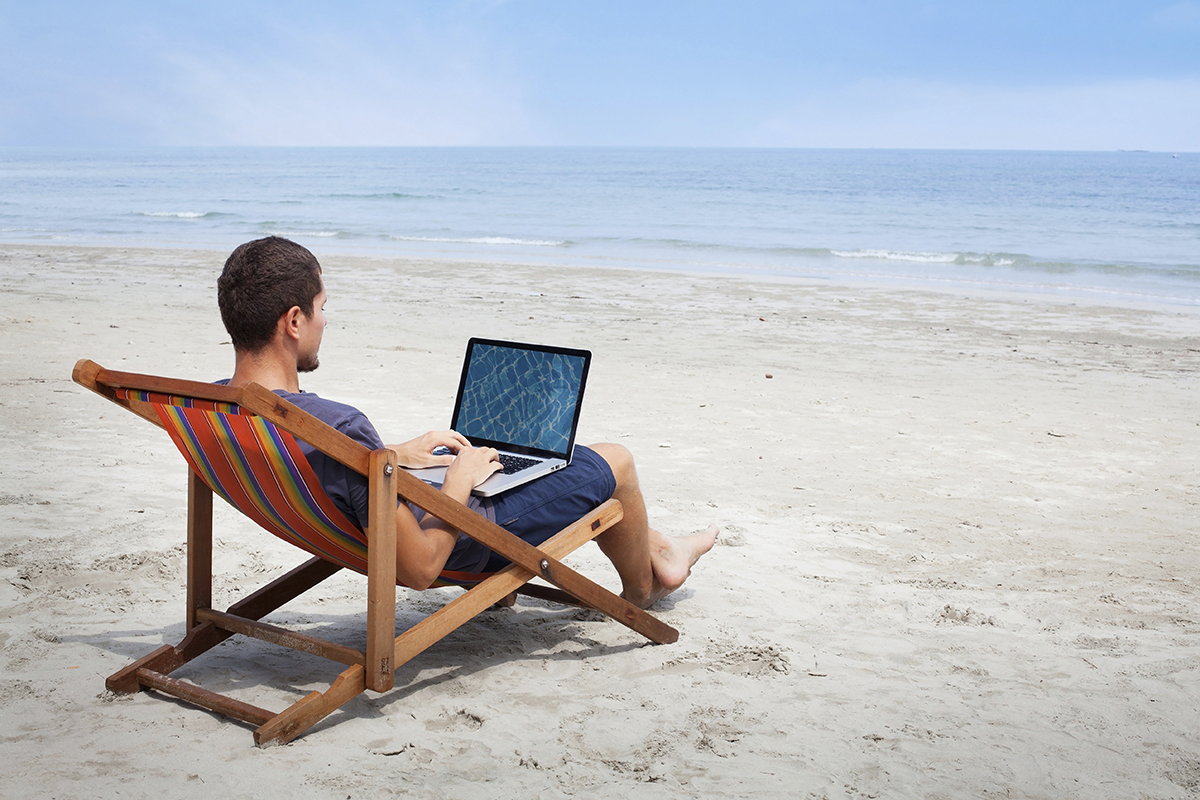
Weather conditions. This could be a problem, especially if you do not have the internet access. Be well informed about the weather conditions at your travel destination. You could be surprised by rain, snow, wind, cold or heat. Travelling and parking can be very unpleasant, especially if the terrain is wet and muddy.
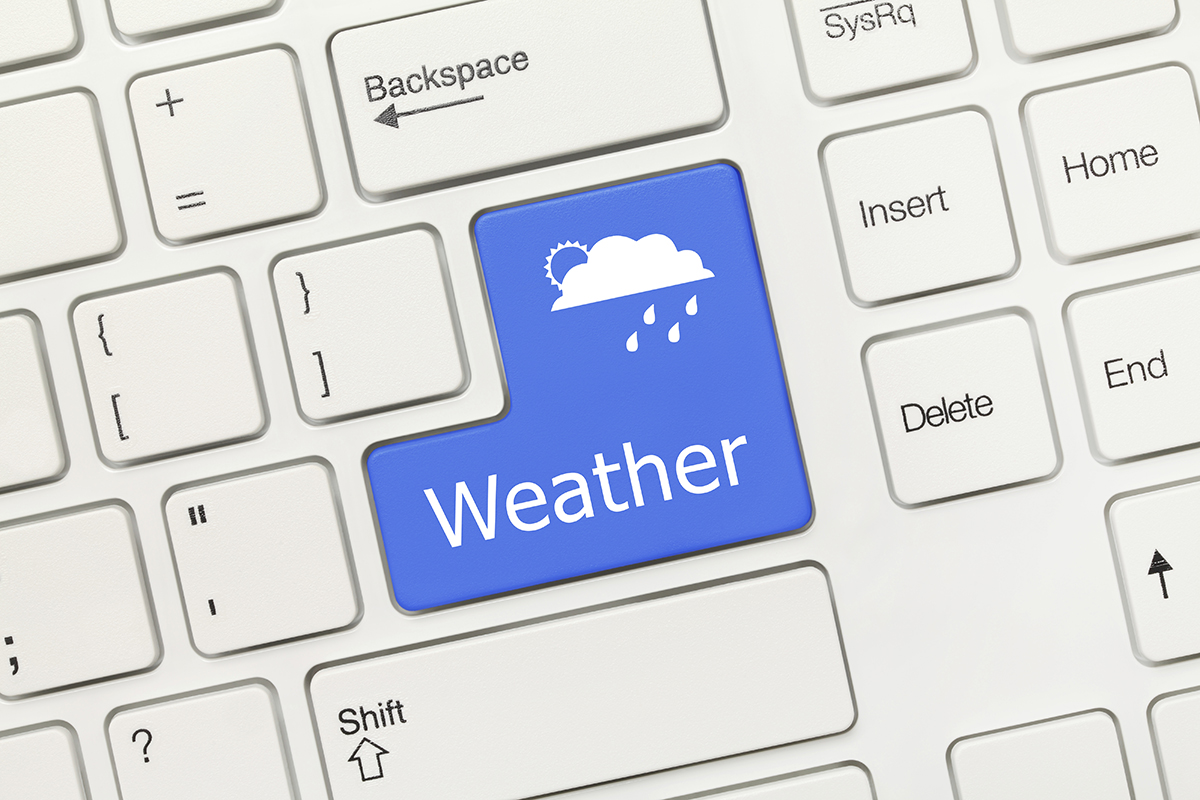
I hope these advices will help you and give you courage for your first unforgettable adventure.
Follow your dreams. Be true to yourself and your mission in life. Everything in life is an experience. Do not fear new experiences, because they are the core of our souls.